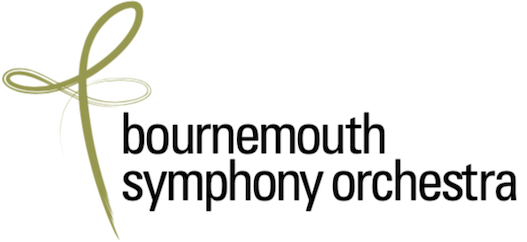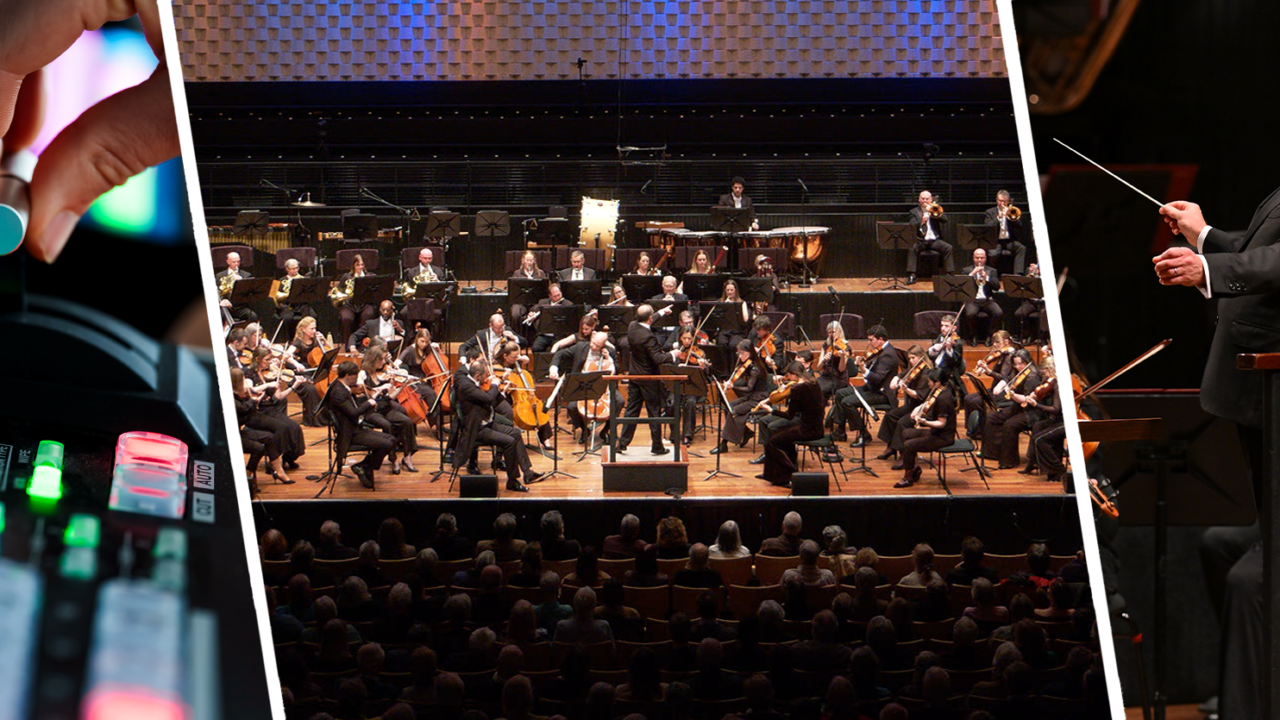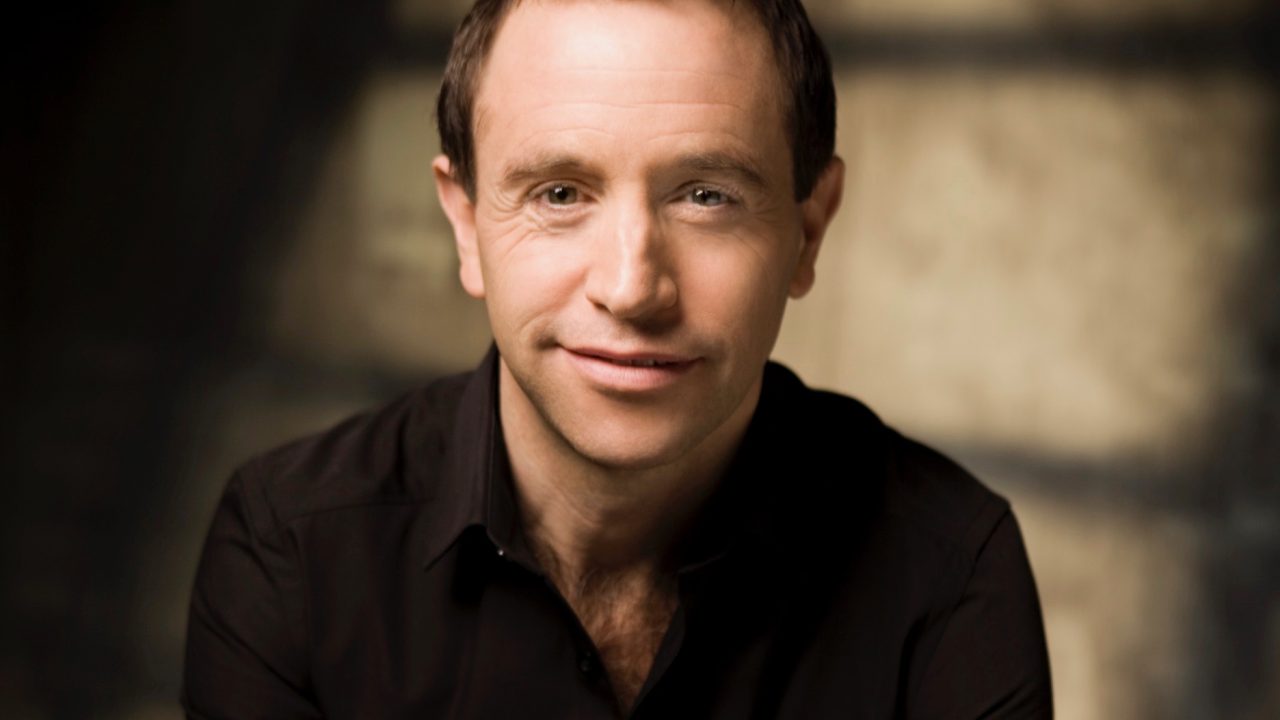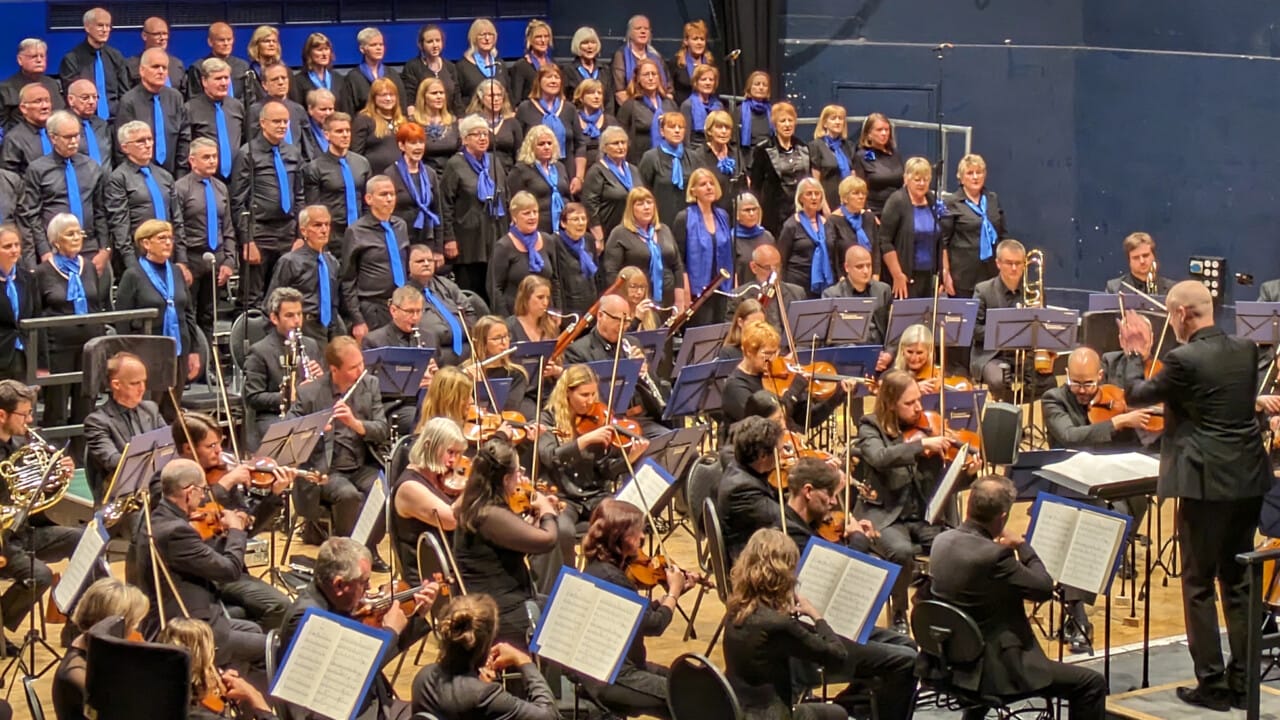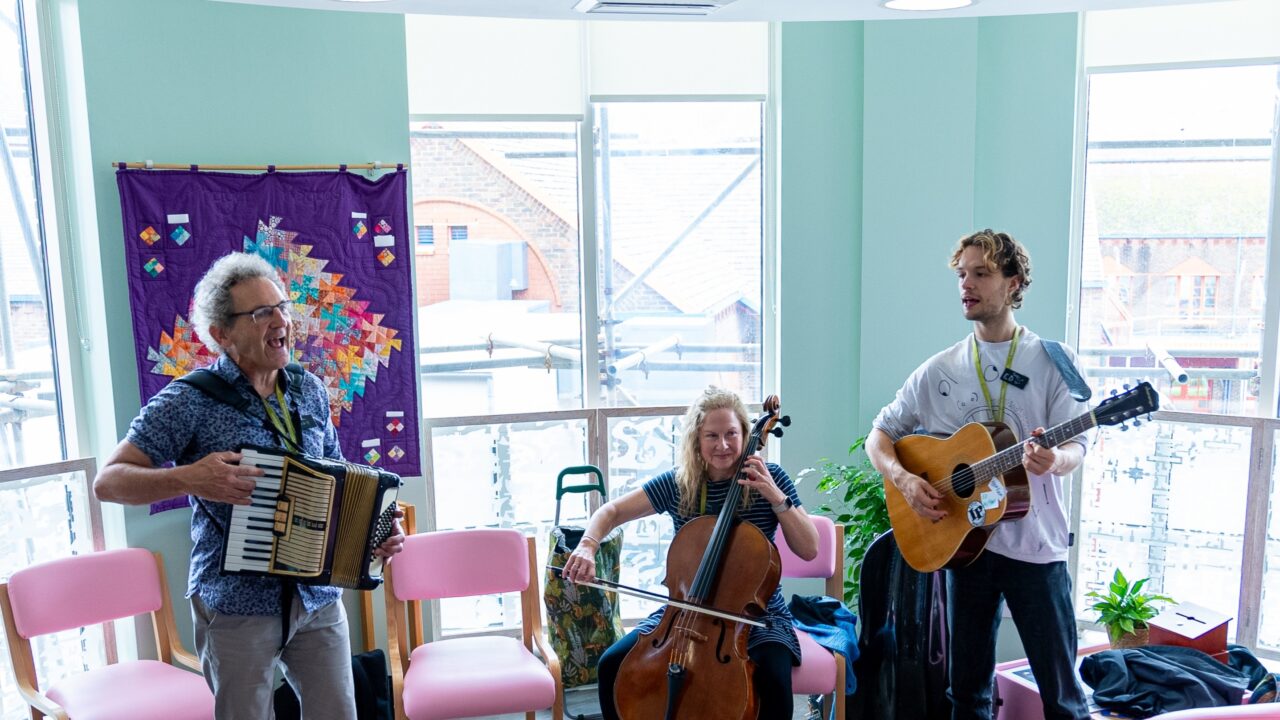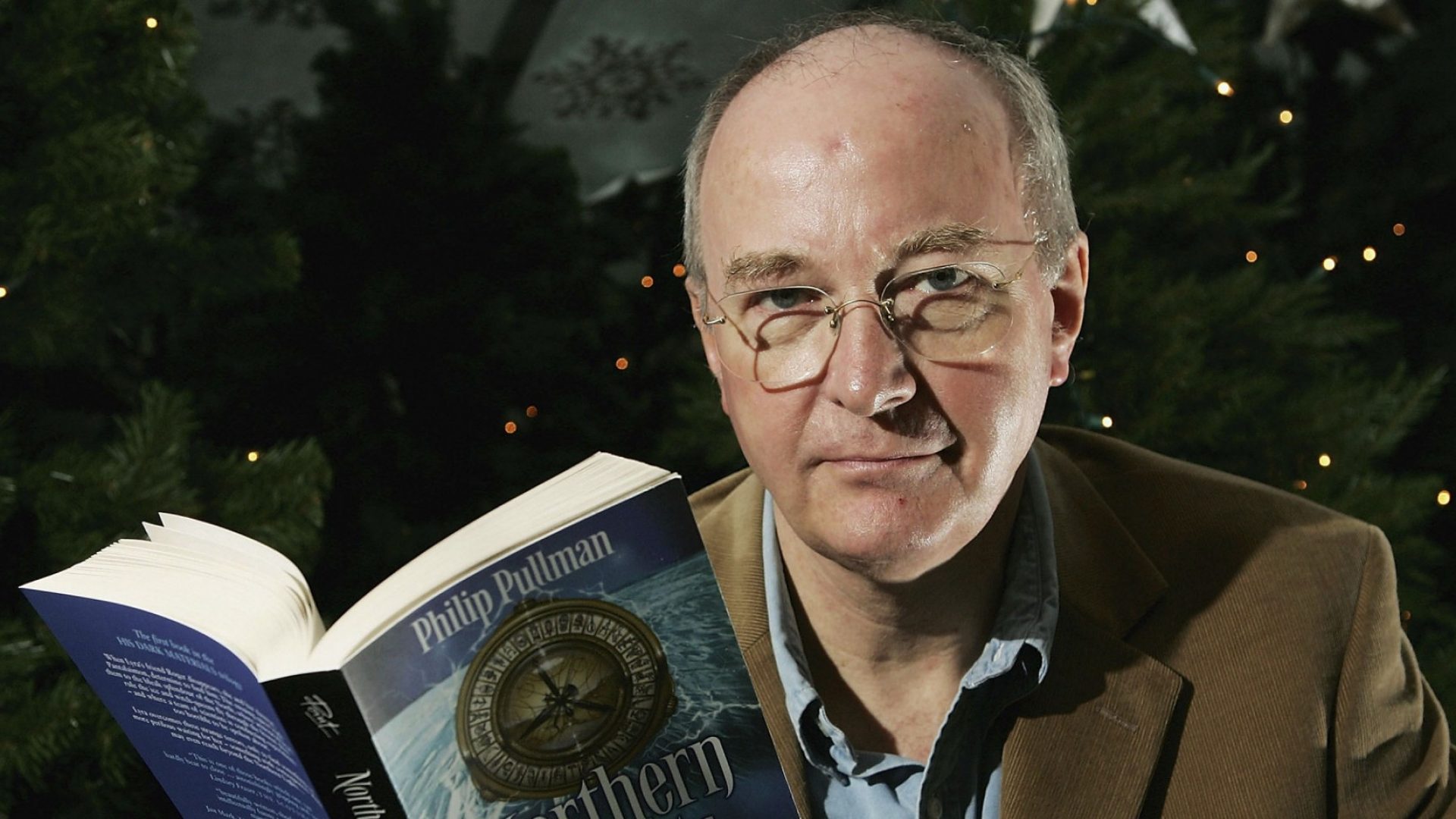What made you decide to embark on a career in the Arts?
I don’t know that I ever thought of a career. It was just that when I was at school the arts, in one way or another, were already the consuming interest of my life, and I couldn’t conceive of a life spent doing anything else.
What has been a career highlight for you?
In one way it’s been awards and prizes: the Carnegie of Carnegies, perhaps, principally, which I got for ‘Northern Lights’. But in another way it would be any of a number of moments when I’ve discovered the right way out of one narrative difficulty or another, or thought of a better way of writing this scene or that, or made up a particularly evil villain. When the work has gone well, in other words.
What advice would you offer to young people aspiring to have a career in the Arts?
Don’t think about a career. Above all, don’t even for a moment think about giving the audience what they want. The fact is that they don’t know what they want until they see what you can offer them. Just work as well as you possibly can, and be grateful for the talent you have, and work hard, and hope you’re lucky.
Why did you choose to support the Bournemouth Symphony Orchestra Benevolent Fund?
Initially, because my son Jamie used to play for the BSO. But then I realised how important it is to support music in every possible way. It isn’t valued nearly high enough in this country, despite the fact that we’re not bad at making it. At a time of (quite needless, and ideologically driven) financial constraints, we must all do what we can to help music and musicians flourish.
What is your relationship with classical music?
I love it, all sorts (with the possible exception of pious Victorian choral music). I particularly love piano music of the nineteenth and twentieth century.
Do you think it’s important to introduce young people to classical music?
Of course. But even more important is that we make it possible for young people to overhear music without being ‘taught’ about it, or bothered with unnecessary information, or (worst of all) made to take a test on it. Children should be surrounded by opportunities to make happy discoveries by themselves among all the arts: music, literature, painting, dance … And science too, for that matter.
What are your interests outside of work?
Loafing. I like making things out of wood too.
What do you most enjoy about Prokofiev’s Peter and the Wolf?
The tunes and the orchestration! Prokofiev was a great melodist. Frankly, the story concludes a bit clumsily: what happened to the duck in the end? But wherever you go in Prokofiev you find marvellous tunes and brilliant orchestral writing.
Do you have a particular creative process for your writing? Or do you find that it’s different every time?
I just sit at my desk and groan.
What has been the greatest challenge of your career?
Something I never expected: having to deal with success and the consequent demands on my time. There comes a point where you’re not writing any more, you’re administering the consequences of having written (or composed, or painted, or whatever). But it seems a bit churlish to complain about that.
On 27 May at Lighthouse, Poole, the 60th year of the BSO Benevolent Fund Concert will be celebrated in an afternoon concert under conductor Stephen Barlow, featuring a programme of triumphant works from Tchaikovsky, Prokofiev and Beethoven. Amongst the selection of prodigious works, literary luminary and best-selling author Philip Pullman will be joining the Orchestra to narrate Peter and the Wolf.
The role of the BSO Benevolent Fund is to provide financial assistance to members of the BSO who have developed a medical condition or an injury that impairs their ability to perform their duties, or threatens to prematurely end their playing careers. The Fund has provided an important safety net for the members that have fallen on difficult times, and remains integral to the efficient running of the BSO.
